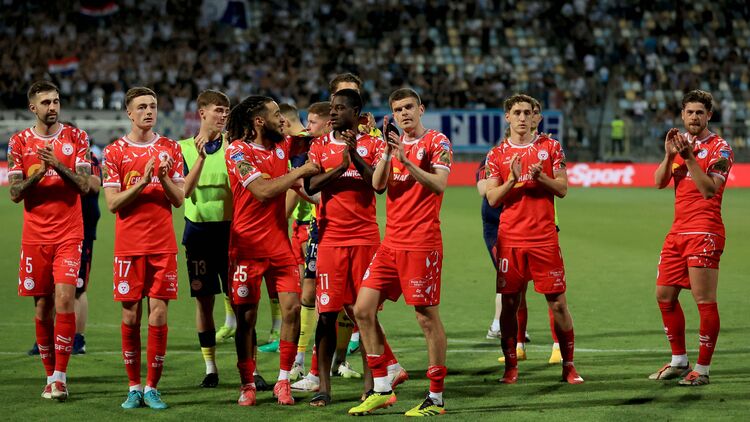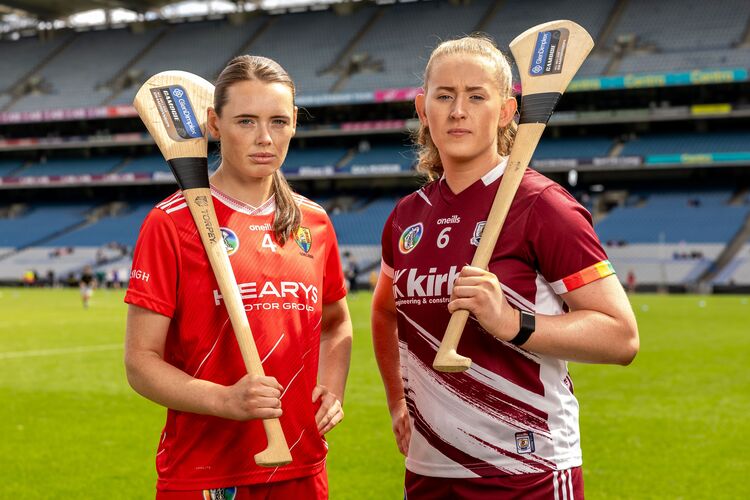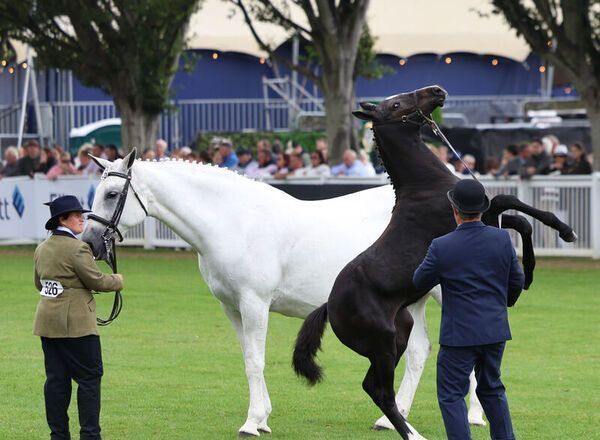By Dave Hannigan
You may have seen the name Wim Koevermans crop up in reports over the past few weeks. The Dutchman is in the news because, as the FAI's International High Performance Director, he's charged with the job of finding Don Givens' successor as manager of the Irish Under-21 team. Almost two years after arriving in Dublin in quite a welter of publicity, this was arguably the first time most people have heard from Koevermans since. His re-emergence made us think that rather than flirting with the Oranje influence by importing one excellent coach, the FAI might consider going completely Dutch. Other people already have.
There is one sports-mad country which has placed Dutchmen in charge of every single one of its national football teams, from Under-17s to seniors, and all of its youth academies too. Here's a clue. It's a nation which also makes every schoolboy side that plays the game under its auspices line out in a highly flexible 4-3-3. Why? Because it's the Dutch way of course. Oh, and this place is far, far away from the Netherlands. Give up? Step forward Australia, a football culture in the middle of what some there have labeled complete Orangification.
A relationship that began with Guus Hiddink guiding Australians to the second round of the 2006 World Cup went a lot deeper in early 2007. That was when Rob Baan, a coach who'd spent a lifetime working within the Dutch game, was appointed technical director of the Football Federation of Australia (FFA). He set in motion a long-term plan to revolutionize how the game was played and taught down under. After he departed for family reasons, Hans Berger, a compatriot, took over the brief.
The philosophy behind keeping things Dutch is simple enough. Like so many other countries, the Australians believe the Dutch are the masters of football coaching. Who better to learn from then? The difference in this initiative though is that they have been willing to radically transform the sport at grassroots level. The first step towards improving the quality of players was to mandate that all games up to 12 years old be small-sided affairs. This means seven kids on each team, on a reduced pitch so that every boy gets more touches of the ball, and improves faster.
"What I don't like at all is that everybody tells me that Australia has a lack of technique," said Baan, explaining the reasoning behind that move. "If I look at most of our Socceroo players you can compare them with my Dutch team but the number of players is so restricted, that's the problem. It will take ten years to build the depth. That's why we started the small-sided games. There were a lot of problems that we faced with small-sided games. Parents and journalists don't understand it. But 80,000 kids now play it and next year it will be 120,000, and in three years time it will be 300,000 kids playing small-sided games."
Ending the lunacy that is small boys cast adrift on full-sized fields where those able to kick the ball longest dominate (something which still happens in Ireland) was only the first step. Then there was the tactical revolution. After decades during which the game in Australia was dominated by English coaches at all levels, the Dutch are importing their own system. It's 4-3-3 for everybody. Always. While some have chafed at the rigidity of the FFA telling managers they must set their teams up in the tradition of the great Ajax, the thinking is that this is the best formation for the talent available in the country.
"As a development tool, the system is ideal for Australian characteristics," said Hans Berger. "It enables players to play out from the back. It gives them a tactical flexibility and it provides them with more passing options and it has every chance of producing good, creative number 10s, which Australia lacks at the moment. This is why Dutch players are sought after around the world because they can adapt very quickly to all styles of play. They are developed this way. In Australia, the emphasis is still on long ball, second ball and all the physical aspects of the game. At international top level, which is where we are looking at, it's a game of effective possession and to do this you need players who can hold onto the ball and use it well."
Anybody who has watched Irish international teams play at all levels in the past twenty years would agree that all of the above applies to our players too. Our players are not sought-after around the world and we don't produce individuals capable of holding onto the ball and keeping possession. We merely try to make up for this deficit by sheer competitive will. When was the last time Ireland produced a home-grown player with the technical gifts of a Wesley Snejder? Liam Brady? Johnny Giles, a generation before that? We bring through some good footballers. We just don't manage to develop great ones anymore.
Against that depressing background then, isn't about time to consider something radical like following the Australian example and going completely Dutch? What is there to lose? The current conveyor belt of talent has produced just one Irish player (Roy Keane) capable of seriously influencing a Champions' League match in the duration of that competition. Others have figured from time to time as bit-part players but no more than that. Is that our level? Shouldn't we aspire to doing better?
With Koevermans in place, the FAI already has somebody on board who could oversee an utter transformation of our coaching philosophy and the sport in Ireland. Did we mention that the Aussie youth academy teams get bonus points for the technical quality of their performances in games so that positive technical play is encouraged at all times? It sounds different but that's how you create footballers with the ability to hold onto the ball rather than just to whack it downfield.
There's an old saying that goes: If you do what you've always done, you'll get what you've always gotten. Lately, in Irish football, that's just not been good enough. Time to try a new approach. Over to you Wim.










